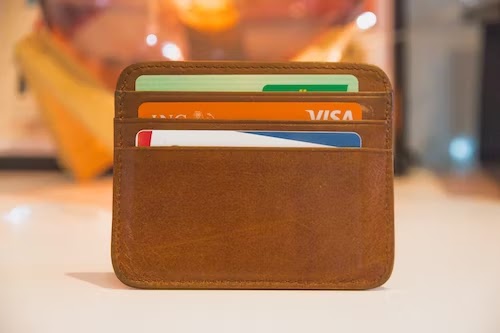Your credit score is a crucial factor in determining your financial health. It is a three-digit number that reflects your creditworthiness and helps lenders evaluate the risk of lending you money. A good credit score can help you qualify for lower interest rates on loans and credit cards, while a bad credit score can make it harder to get approved for credit and lead to higher interest rates.
If you have a low credit score, don’t worry. There are steps you can take to improve your credit score over time. In this article, we’ll explore some tips and strategies for improving your credit score, so you can take control of your finances and achieve your financial goals.
1) Check Your Credit Report Regularly: The first step to improving your credit score is to check your credit report regularly. Your credit report is a record of your credit history and includes information on your loans, credit cards, and payment history. By checking your credit report regularly, you can identify any errors or inaccuracies that may be impacting your credit score.
You can obtain a free credit report from each of the three major credit bureaus (Equifax, Experian, and TransUnion) once a year by visiting AnnualCreditReport.com. Review your credit report carefully and dispute any errors or inaccuracies you find.
2) Pay Your Bills on Time: One of the most important factors in determining your credit score is your payment history. Late or missed payments can have a significant negative impact on your credit score. To improve your credit score, make sure you pay your bills on time every month.
Consider setting up automatic payments or reminders to ensure you never miss a payment. If you are struggling to make payments, contact your creditors to see if you can negotiate a payment plan or deferment.
3) Reduce Your Credit Card Balances: Another factor that impacts your credit score is your credit utilization rate. This is the amount of credit you are using compared to the total amount of credit available to you. To improve your credit score, try to keep your credit utilization rate below 30%.
If you have high credit card balances, consider paying them down as quickly as possible. You can also ask your creditors for a credit limit increase, which can help improve your credit utilization rate.
4) Avoid Opening Too Many New Credit Accounts: While it can be tempting to apply for new credit cards or loans, opening too many new credit accounts can have a negative impact on your credit score. Each time you apply for credit, it generates a hard inquiry on your credit report, which can lower your score.
To improve your credit score, avoid opening too many new credit accounts at once. Instead, focus on building a positive credit history with your existing accounts.
5) Consider a Secured Credit Card: If you have a low credit score or no credit history, it can be challenging to get approved for a traditional credit card.
A secured credit card is an option that can help you build credit. A secured credit card requires a security deposit, which becomes your credit limit. You can use the card like a traditional credit card, and your payment history is reported to the credit bureaus. Over time, responsible use of a secured credit card can help improve your credit score.
Conclusion: Improving your credit score takes time and effort, but it’s worth it. By following the tips and strategies outlined in this article, you can take control of your finances and improve your creditworthiness. Remember to check your credit report regularly, pay your bills on time, reduce your credit card balances, avoid opening too many new credit accounts, and consider a secured credit card if necessary. With patience and persistence, you can achieve a better credit score.


